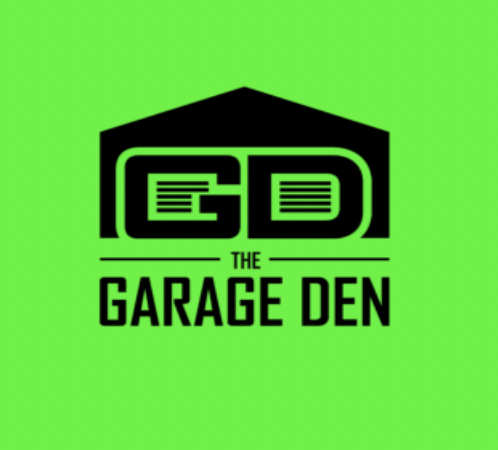Chapter 1: Clarify Why You Want to Own
Before you even look at listings, ask yourself:
Is this for my business or for investment?
How long do I plan to use the space?
Will I ever rent part of it out?
Your answers will guide what you look for — finish levels, location, financing structure, resale potential.
Chapter 2: Define Your Must-Haves
Make a checklist before touring units. Examples:
Power and electrical capacity
Roll-up door size
Ceiling height
Access and parking
Inches or tolerance for expansion
Don’t let styling or finishes distract you from the bones of the property.
Chapter 3: Research Zoning & Permitted Use
Check the city’s zoning classification and permitted uses. Call the planner, dig the plat map, read the development’s conditional use permits if any. Make sure your intended use (business operations, storage, vehicles) is allowed.
Don’t rely on what someone says is allowed — verify.
Chapter 4: Review Condo Docs & Association Rules
Get the HOA or condo association documents early. Focus on:
Use restrictions
Build-out requirements
Special assessments
Maintenance obligations
Rules around noise, signage, vehicle repairs
Read past meeting minutes — the issues often show up there.
Chapter 5: Analyze Financials & Carry Costs
Request:
Pro forma budget or association budget
How reserve funds are handled
History of special assessments
Tax estimates
Insurance cost
Build out a monthly carry model that includes mortgage, fees, insurance, utilities, and repairs.
Chapter 6: Secure Financing
Talk to local lenders who know flex/industrial real estate. Many owner-user small businesses qualify for favorable terms. Compare:
Down payment requirements
Interest rates
Amortization periods
Prepayment penalties
Lock in your financing before negotiating hard.
Chapter 7: Negotiate & Close
Some negotiation levers:
Price per square foot
Inclusion of existing improvements
Timing of HOA dues or assessments
Prorations of taxes
Contingencies for inspection or use
Close with clarity — double-check ownership, title insurance, and permitted use.
Chapter 8: Move In & Optimize
On move-in:
Stage staging and minor improvements first (lighting, network, security)
Log all interior upgrades as capital improvements
Market any leasable sub-space if you plan to rent
Get familiar with your community — communicate needs early
Over time, your flex space can pay you back in utility, control, and equity.
Ready to take the leap from tenant to owner? Contact The Garage Den for available Centennial flex units, personalized site tours, or help walking you through the purchase process.
